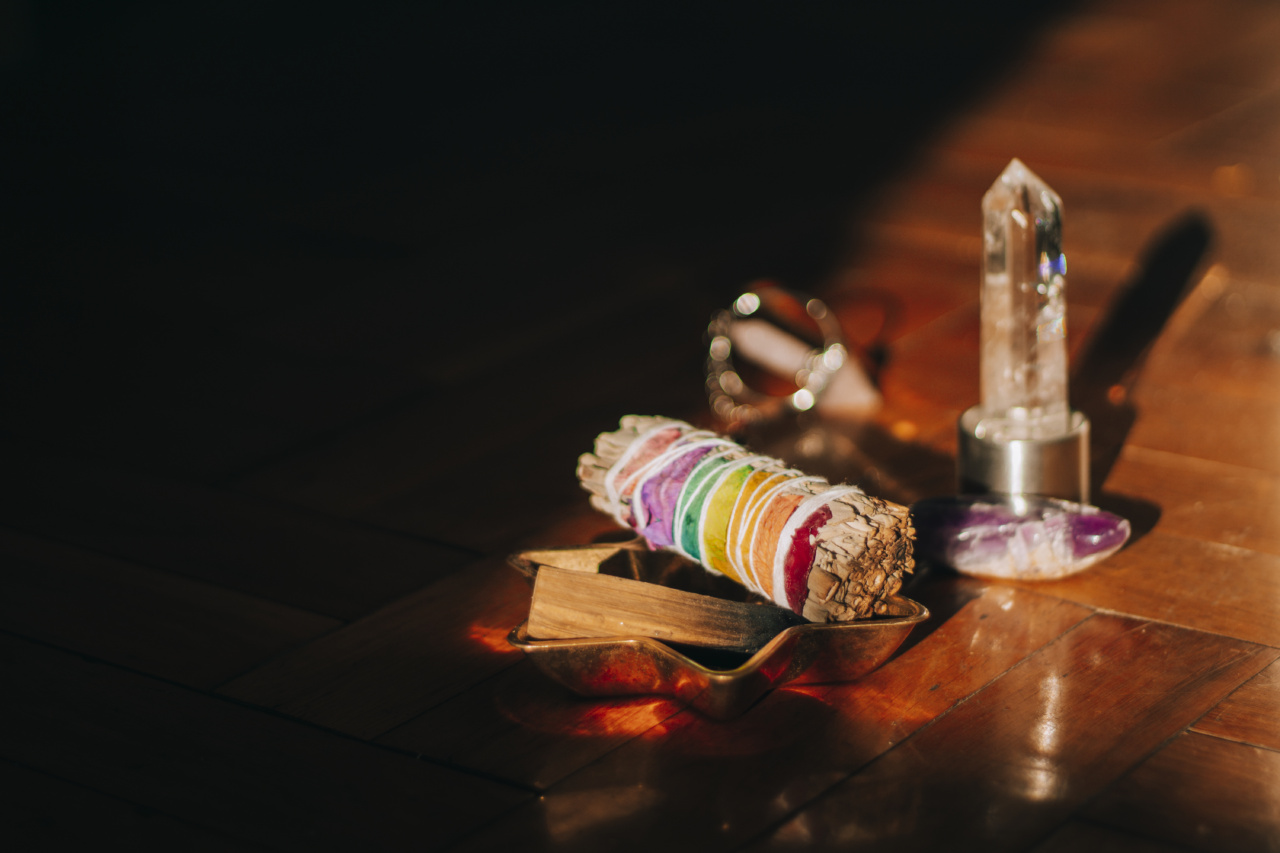Sleep is an essential part of our daily lives, allowing our bodies and minds to recharge and rejuvenate. However, with the stresses of modern life, achieving a restful night’s sleep can often be a challenge.
One effective and natural way to promote better sleep is through the use of aromatherapy. Aromatherapy harnesses the power of plant extracts and essential oils to create a calming and soothing environment that can help you drift off to dreamland more easily.
In this article, we will explore the magic of aromatherapy and how it can be incorporated into your bedtime routine for better sleep.
The Science Behind Aromatherapy
Aromatherapy has been practiced for centuries, with ancient civilizations recognizing the healing properties of plants and their essences.
In recent years, scientific research has shed light on the mechanisms through which aromatherapy can impact our mood and sleep. Our sense of smell is closely tied to our brain’s limbic system, which plays a crucial role in regulating emotions and memory.
When we inhale certain aromas, they can stimulate specific receptors in the limbic system, triggering a cascade of chemical reactions that can promote relaxation and improve sleep quality.
Essential Oils for Better Sleep
There are numerous essential oils that have been found to be particularly effective in promoting better sleep. Lavender is perhaps the most well-known, with its soothing floral scent.
Studies have shown that inhaling lavender essential oil before bed can help reduce insomnia and improve sleep quality. Another popular choice is chamomile, which has been used for centuries to calm nerves and induce sleep. Other essential oils such as bergamot, ylang-ylang, and clary sage also have sedative properties and can aid in relaxation.
Methods of Application
There are several ways to incorporate aromatherapy into your bedtime routine. One simple method is to use a diffuser, which disperses the essential oil into the air, filling your bedroom with a relaxing fragrance.
Inhaling the aroma can have an immediate calming effect on your mind and body. Another option is to create a relaxing pillow spray by diluting a few drops of essential oil with water and misting it onto your pillow before sleep.
You can also add a few drops of essential oil to a warm bath or apply them topically with a carrier oil for a soothing massage.
Creating a Relaxing Sleep Environment
In addition to using aromatherapy, there are other steps you can take to create a relaxing sleep environment. One important factor is to keep your bedroom dark and cool.
Light-blocking curtains or blinds can help block out external light sources, while a fan or air conditioning can help maintain a comfortable temperature. Investing in a comfortable mattress and pillows that support your body can also make a significant difference in your sleep quality. It is also advisable to minimize noise and distractions in your bedroom to create a serene and peaceful atmosphere.
Establishing a Bedtime Routine
To make the most of aromatherapy for better sleep, it’s important to establish a consistent bedtime routine. This routine should include activities that help you wind down and signal to your body and mind that it’s time for rest.
Consider incorporating activities such as reading a book, practicing gentle stretching or yoga, or listening to calming music. Disconnecting from electronic devices at least an hour before bed can also help promote a sense of relaxation. By consistently following a bedtime routine, you can condition your body to prepare for sleep more effectively.
Aromatherapy and Sleep Disorders
For individuals who suffer from chronic sleep disorders, such as insomnia or sleep apnea, aromatherapy can be a useful complementary therapy alongside conventional treatments.
However, it’s essential to consult with a healthcare professional to ensure there are no contraindications or interactions with any existing medications or treatments. A healthcare provider can provide guidance on the appropriate essential oils and methods of application that align with your specific sleep disorder.
Conclusion
Aromatherapy offers a natural and effective way to improve sleep quality and promote relaxation. By harnessing the power of plant extracts and essential oils, you can unlock the magic of aromatherapy and create a soothing sleep environment.
Whether you choose to use a diffuser, create a pillow spray, or incorporate essential oils into your bath or massage, exploring the world of aromatherapy can lead to a more restful and rejuvenating night’s sleep.































